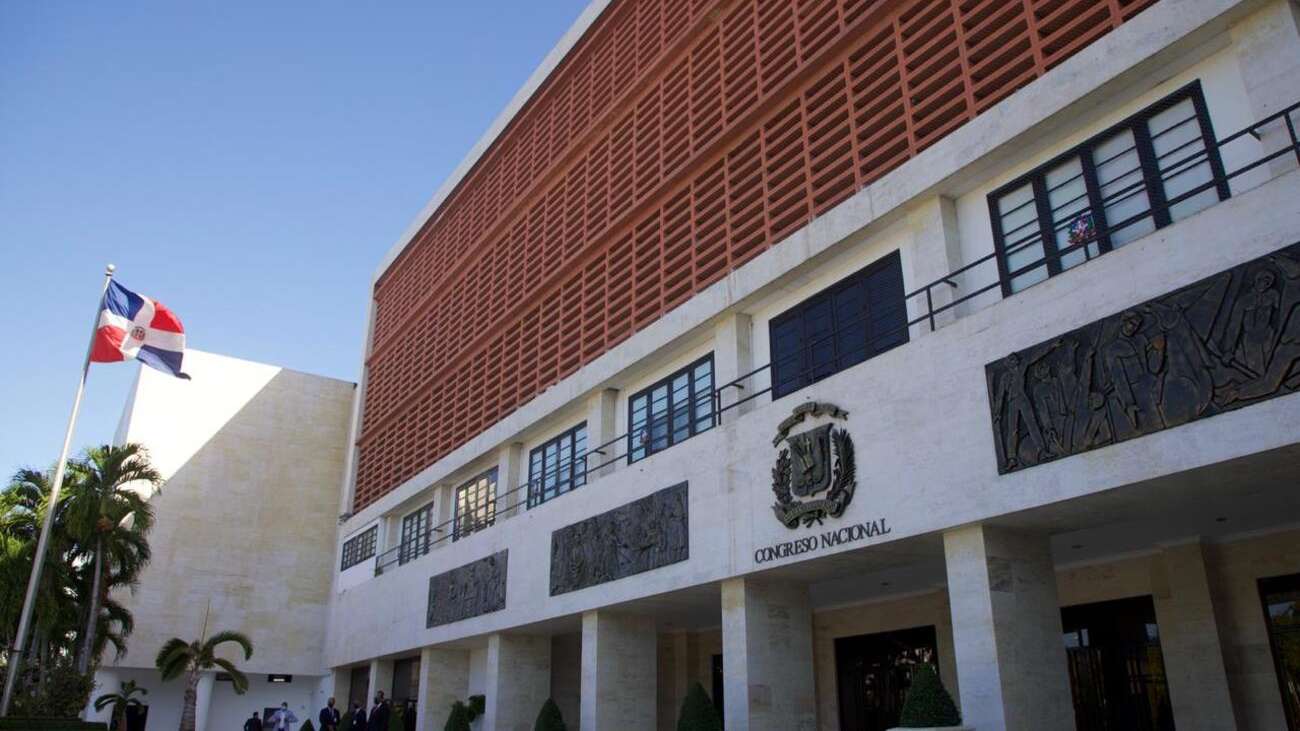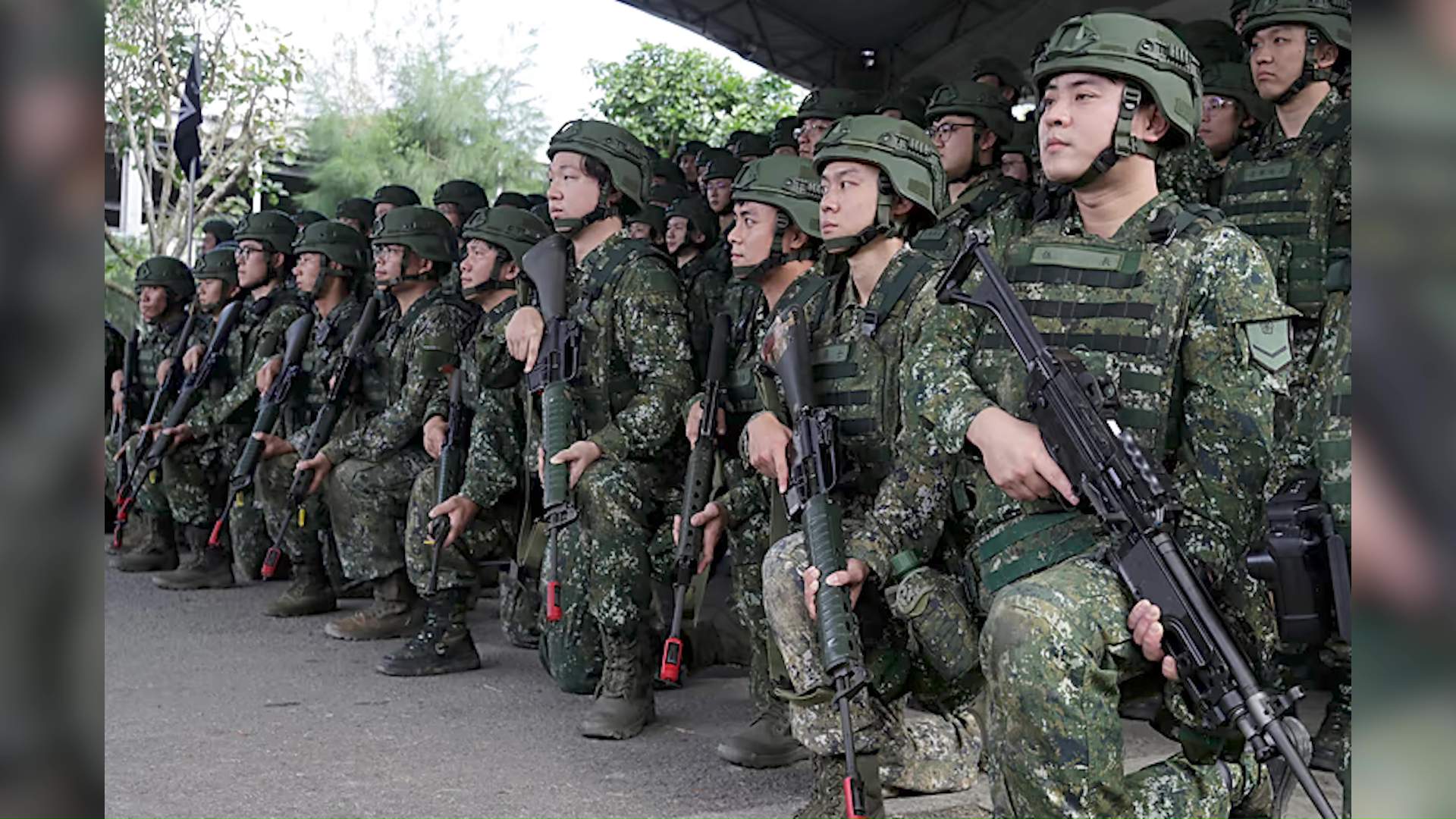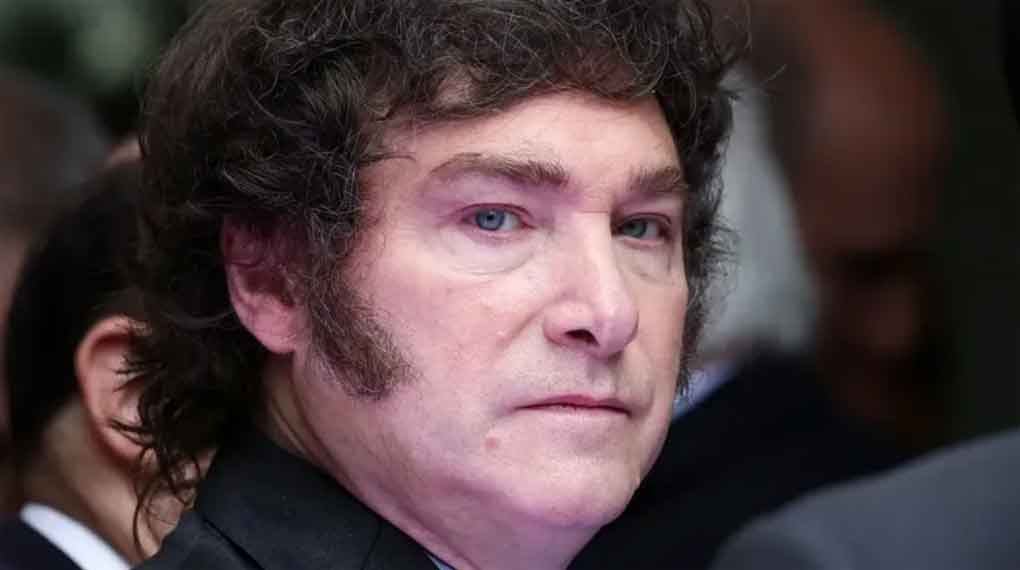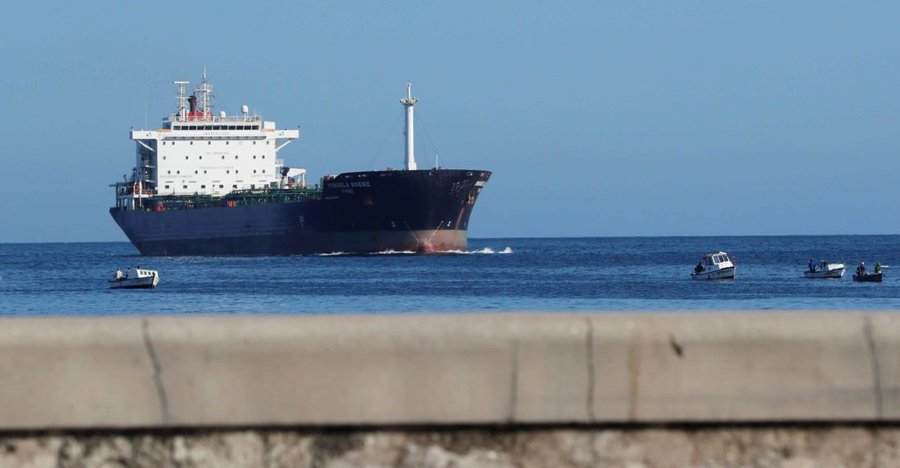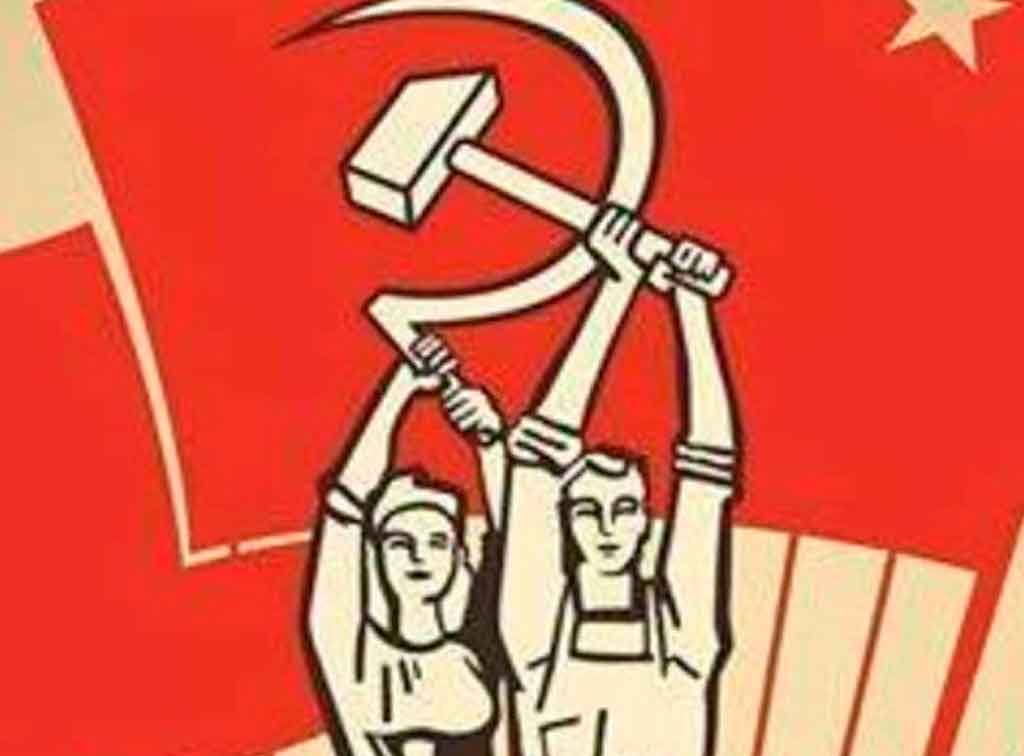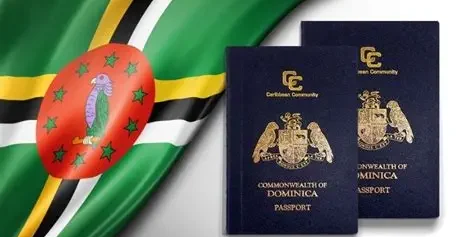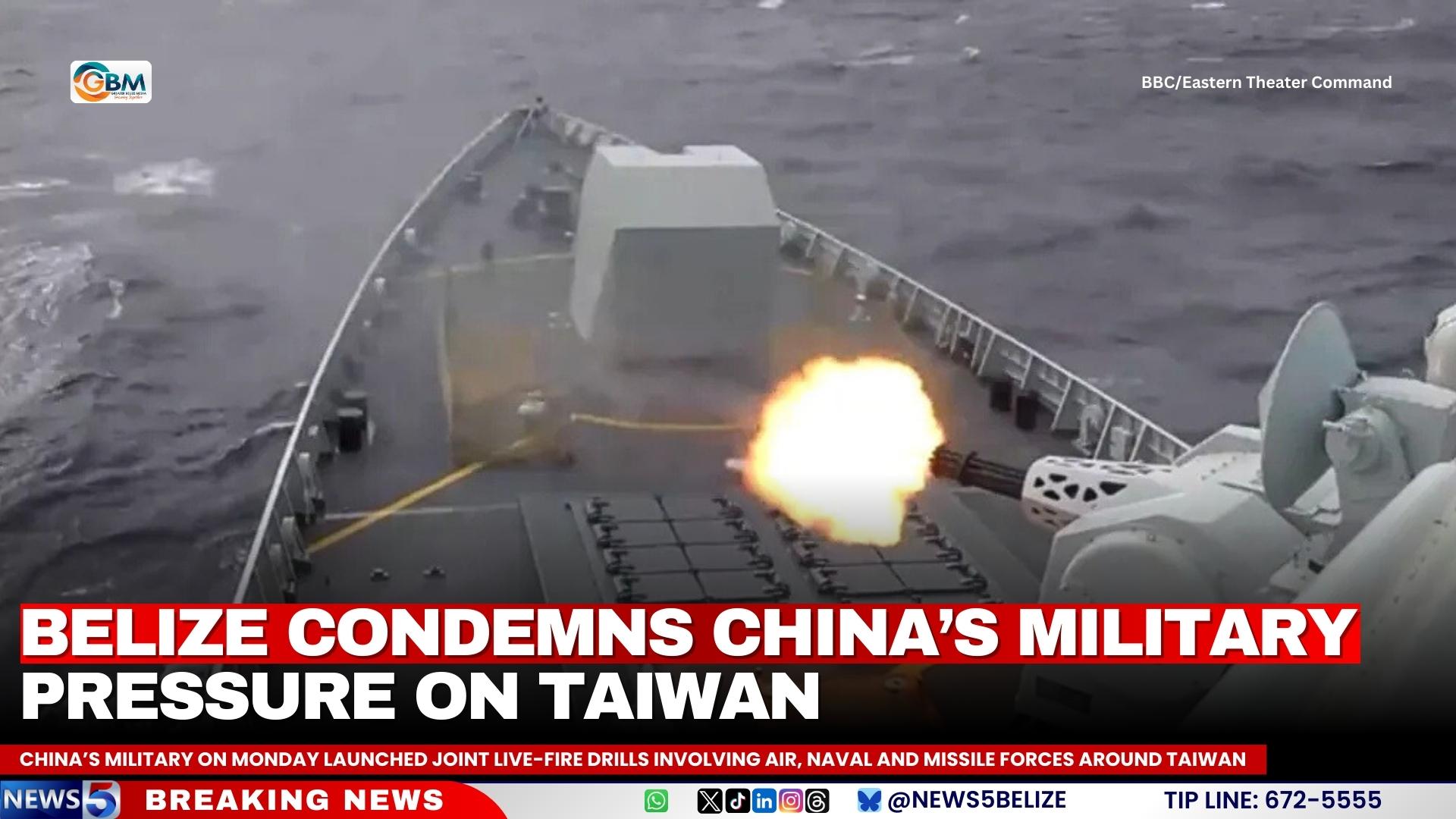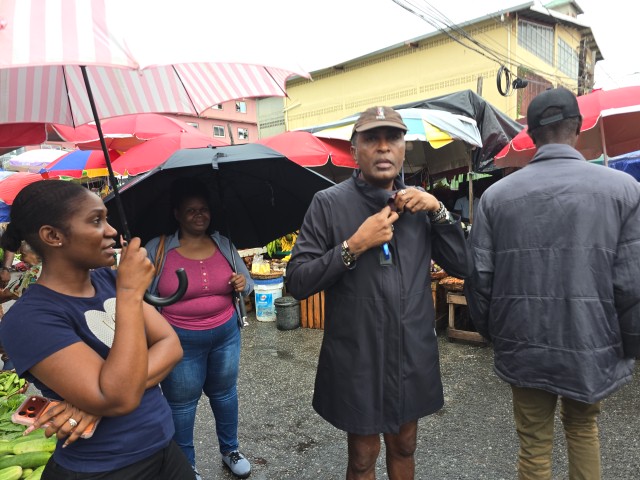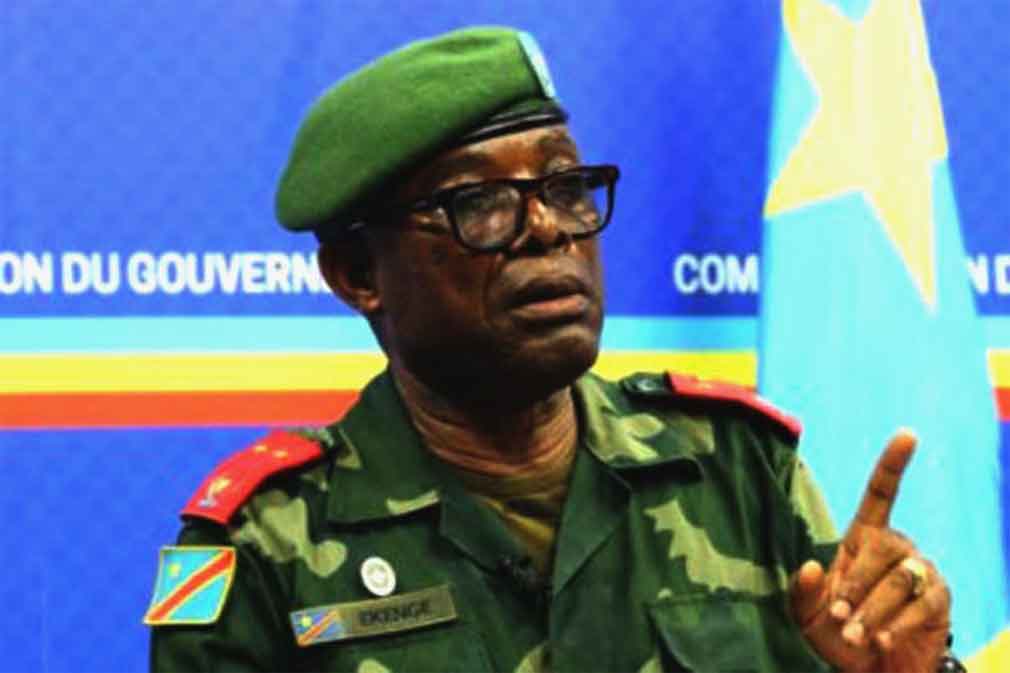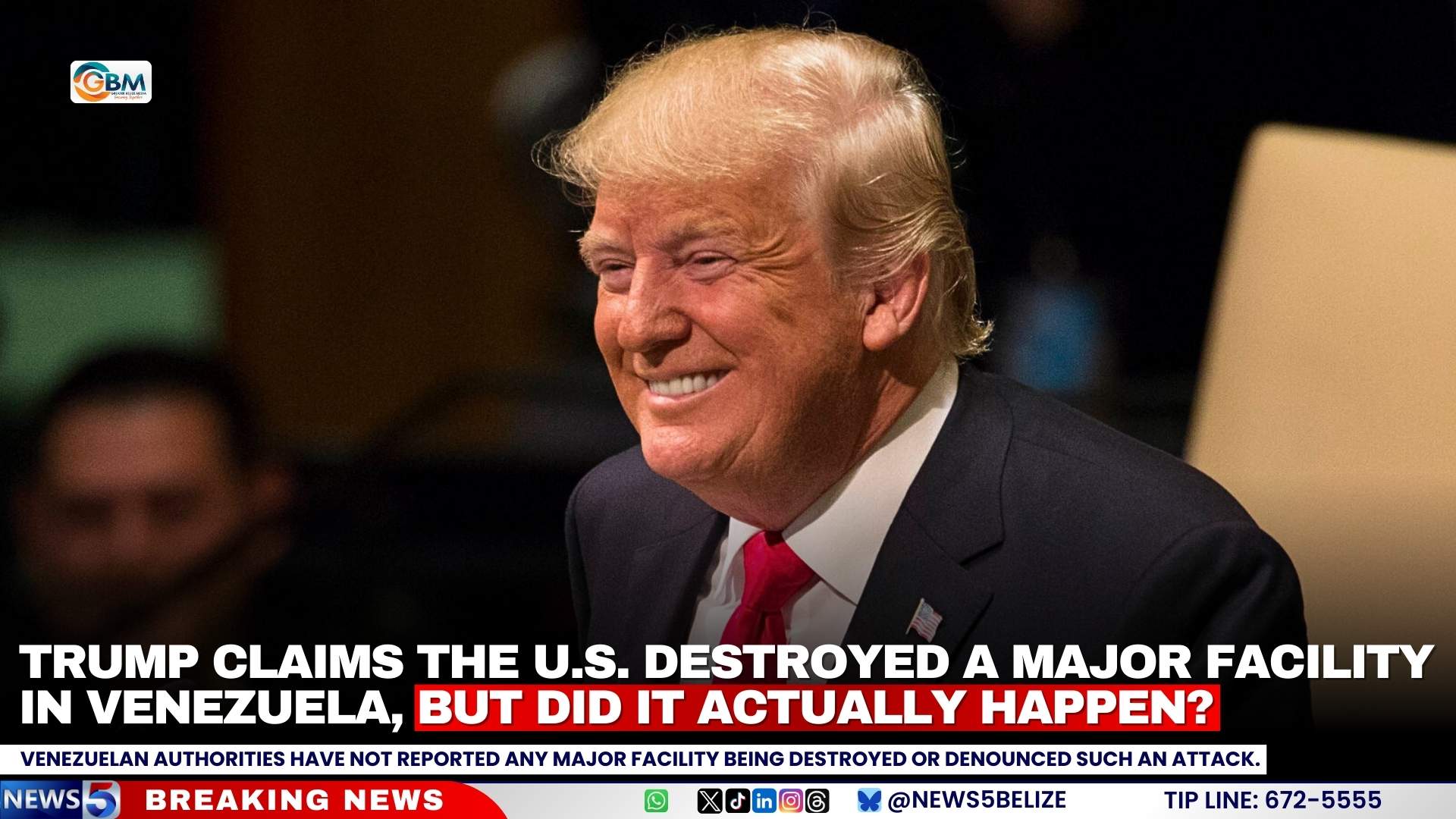SANTO DOMINGO – The Dominican Republic is poised for a comprehensive judicial and administrative transformation in 2026 as a series of landmark legislative reforms, recently ratified by the National Congress, conclude their mandatory vacatio legis periods and enter into full force. This strategic postponement of implementation, despite the laws’ enactment in 2025, is designed to fortify legal stability and provide essential preparation time for both public institutions and citizens.
A cornerstone of this reform package is Law 47-25, the groundbreaking Public Procurement Law, scheduled for activation on January 24, 2026. This legislation supersedes the 2006 regulatory framework, introducing robust oversight mechanisms, stringent sanctions for malfeasance, and a substantially widened jurisdiction. For the first time, its authority will extend to the Judicial and Legislative branches, autonomous entities, public trusts, and all state-owned enterprises. The law’s overarching mission is to guarantee the efficient allocation of public resources, enhance transparency, foster sustainable development initiatives, and mandate the integration of advanced technology in all governmental procurement operations.
Further defining the 2026 legal landscape will be the Organic Law on Oversight and Control of the National Congress (Law 84-25), which takes effect on February 6. However, the most anticipated change arrives on August 3, 2026, with the implementation of the new Penal Code (Law 74-25). This modernized criminal code represents a significant evolution in the nation’s justice system, formally classifying and establishing severe penalties for a range of contemporary crimes. These include femicide, contract killings, acts of corruption and torture, and all non-consensual sexual acts, with maximum prison terms reaching up to 60 years. Legal authorities emphasize that the vacatio legis interval is a critical procedural step, enabling a structured and informed transition for the profound societal shifts these pioneering laws will inaugurate.
